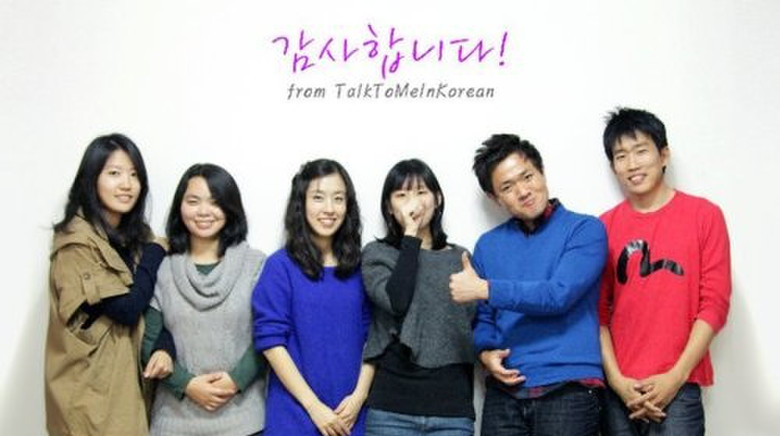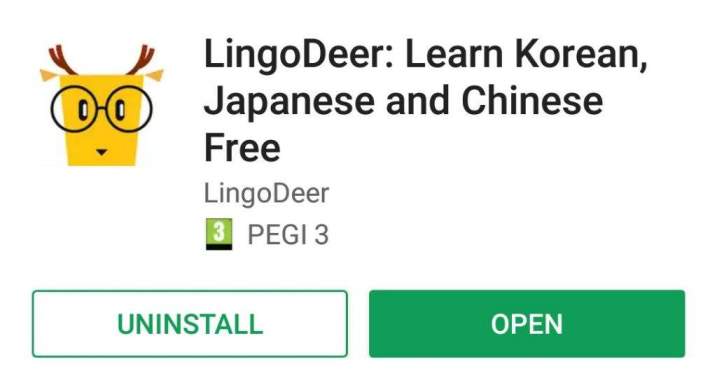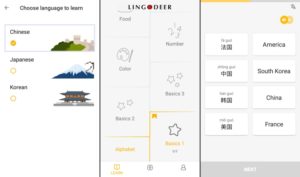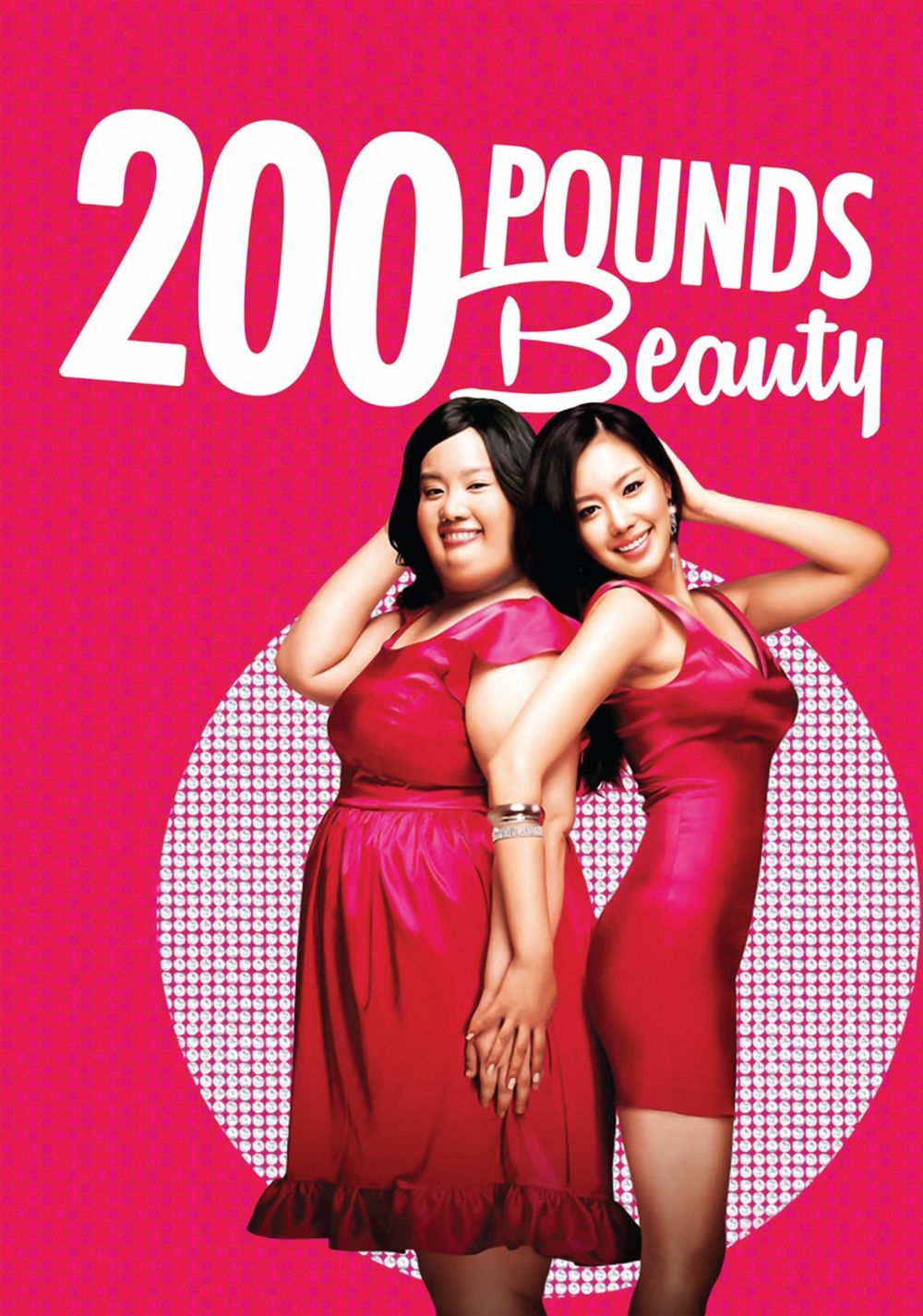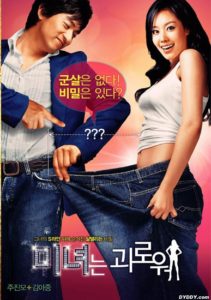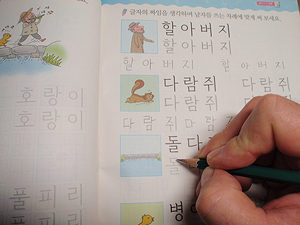I mentioned ages ago that I’ve been learning Korean idly for a while. And that most of my work is being done thanks to Talk to me in Korean – the website and the Memrise version. I promised to come back and report on my progress after two levels but now I’m almost done with the third level, so better late than never. Should mention the main means I’ve been using to learn Korean:
-Mainly going through the Talk to me in Korean lessons at a rate of two or three lessons a week. Listening to the podcasts and reading the PDFs doesn’t take that long, but practising sentences on Memrise takes longer and is, frankly, a little bit boring but really helpful for making the lessons stick on my head.
-Learning more vocab through a variety of other Memrise lessons.
- Learned about 400 words through the Korean beginner vocabulary course.
- Learned almost 600 words so far through the How to Study Korean Unit 1 course. Some overlap with the previous course.
- Learned almost 170 words through the Korean through Hanja course. Because I know Japanese, I find Hanja EXTREMELY helpful when trying to learn Korean. If you have a Japanese or Chinese/Cantonese background, definitely go through hanja when trying to memorize intermediate and advanced vocabulary. It will make sooo much more sense, and once you learn what sound maps unto what sound (e.g. “ten” in Japanese usually becomes “chon” in Korean, “tai” becomes “che” etc), with a little context you can often guess what a word is supposed to be without a dictionary.
- Watched a lot of the videos on Learn Korean with GO! Billy Korean channel. His explanations are excellent because he looks at things from an English-speaker’s perspective. And Keykat the teddy bear is cute.
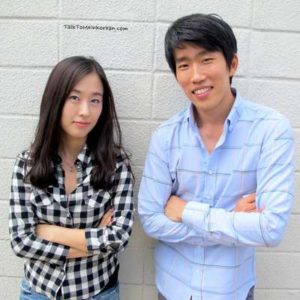 -Supplementing the above two with Evita’s Korean Sentence Deck and another Hanja vocabulary builder deck on Anki. Not regularly though.
-Supplementing the above two with Evita’s Korean Sentence Deck and another Hanja vocabulary builder deck on Anki. Not regularly though.
-Just started trying to follow real conversations through Youtube “Learn Korean through drama” type videos. Here’s one good channel with regular updates: FnE Korean. And another one, slightly harder and hasn’t updated in 2 years: Listen to Siri.
SO! After 80 lessons (out of 267), how good is my Korean? LOOOOOOOL, not that good! How do I tell? Well, it’s totally subjective, but my current goal in learning Korean is being able to read all the fun, beautifully-colored wish fulfillment manhwa they pump out, in the raw. A lot of it is scanlated up to date, but a few of them are way behind.
For example “This Girl is a little Wild” is scanlated up to chapter 37 as of writing, but is up to chapter 50 in the raws. “Sincerely: I Became a Duke’s Maid” is up to chapter 13 as of October 24, 2019, but up to 32 raw. And so on, and so forth. Also I’m greedy and would like to read things as soon as they come out. And there are so titles that have been abandoned/not discovered yet.
What about K-drama? I haven’t started one in a while. I would like to eventually be able to understand those, but the chances of a drama being good enough for me to like and yet not actively subtitled is almost non-existent, so I’m not worried about that. Besides, finding a good, non-cheesy, non-overwrought drama is a pain, so I wouldn’t learn Korean just for that.
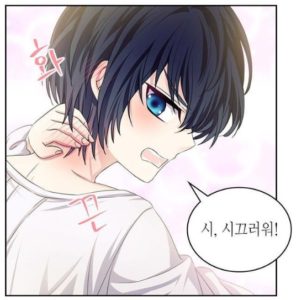
Back to the main point: since my goal is to read manhwa raw, the easier I find it to read manhwa, the better I can determine I am getting. Manhwa is good because the images help a lot with context, but you still need to understand the text in the end. Based on my recent attempts in the past week, I can say this:
- I’ve definitely made a lot of progress. Thanks to my knowledge of vocabulary, I can usually figure out the subject and topic of most dialogue so I have some idea what each chapter about. It was even easier when I made a home-made Korean keyboard (lots of masking tape was involved) so I could easily google unfamiliar vocabulary.
- I still need to work on grammar. Vocabulary helps you understand that the sentence involves “dog” and “eat” but if you don’t understand the verb conjugation, you don’t know if the dog was eaten, the dog ate, will eat, will be eaten with much delight, etc.
- I need to learn “ban mal” i.e. casual Korean speech and verb endings, and fast. For real life conversations you’ll want to be as polite as possible, but in dramas, books, manhwa, there’s a lot of casual and abbreviated speech that most structured courses won’t prepare you for.
My next goals for learning Korean are thus as stated above. Learn more vocabulary, learn a ton more grammar and get familiar with casual forms as quickly as possible. So I would say that Talk to me in Korean does help a lot, but there’s so much grammar out there and they’ve only covered a fraction in 80 lessons, so if you focus on that exclusively, you won’t get far. Definitely supplement from other sources, especially when it comes to vocab.
That said, I’m not in any hurry and I like my current mix of teachers, so I’ll stick with them. Staying the course I’m currently on is the best plan because they’re all easy to understand. A steady, gradual pace and lots of input from a variety of sources is good enough for now. In a couple of months, I’d like to take a past TOPIK exam and see how well I do on that, but for now I’m going to stay the course.
